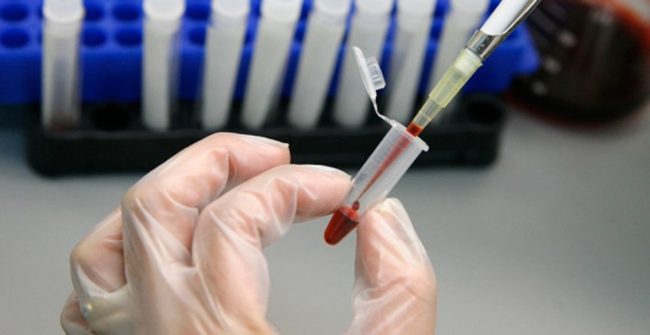Online HIV programme featuring interactive games reduces STIs in gay young men by 40%

Those who took part in the online programme had a lower incidence of STIs
An online HIV prevention programme featuring soap operas and interactive games has reduced sexually transmitted infections in gay young men by 40 percent, a study has found.
The programme, called Keep It Up, targeted young men aged 18 to 29 who have sex with men, who have the highest rate of HIV infections in the US.
Although they represent two percent of young people in the US, they account for almost 70 percent of HIV diagnoses, according to the Centers for Disease Control and Prevention.
Lead study author, Brian Mustanski, director of the Institute for Sexual and Minority Health and Wellbeing at Northwestern University, said the impact of the programme was “huge”.
The study, published in the American Journal of Preventive Medicine, included 901 participants, mostly from Atlanta, Chicago and New York City.

The programme focuses on the lives of young gay men (Creative Commons)
Those who used the online programme after a year had a 40 percent lower incidence of sexually transmitted disease, specially chlamydia and gonorrhea, compared with those who did not.
The study will be published June 28 in the American Journal of Preventive Medicine.
Instead of just providing facts about how HIV is transmitted and how to use a condom, the programme focuses on the lives of young gay men.
It works by weaving in HIV prevention into their typical experiences, such as when dating or socialising in a bar.
In one of the interactive games, men could look at different sexual behaviours and rate them on a “thermometer of risk” before being told if they are right or wrong.

The programme allows men to see scenarios such as dating
A soap opera tracks a group of young men who make assumptions about their partners. “One guy assumes the guy he is dating is monogamous, but he never talked to the guy about it. In fact, his partner was dating a few people,” Mustanski said.
“We know that the majority of HIV transmissions in young gay/bisexual guys occur in a serious relationship, so it is important for them to have explicit discussions about whether their relationship is open or closed and that both partners get tested for HIV and share their status,” he added.
Another man in the video assumes his partner is HIV negative while the partner assumes he is positive. “It shows you can’t assume it’s your partner’s job to disclose their HIV status. It’s really important to have everyone take responsibility for those conversations,” Mustanski said.
One man who participated in the programme said it had motivated him to get tested.
“I had waited two years because I was afraid of the result, so without Keep It Up I would still be in the dark. Also, I liked that the content dealt with real-world situations like meeting at clubs or online.”

